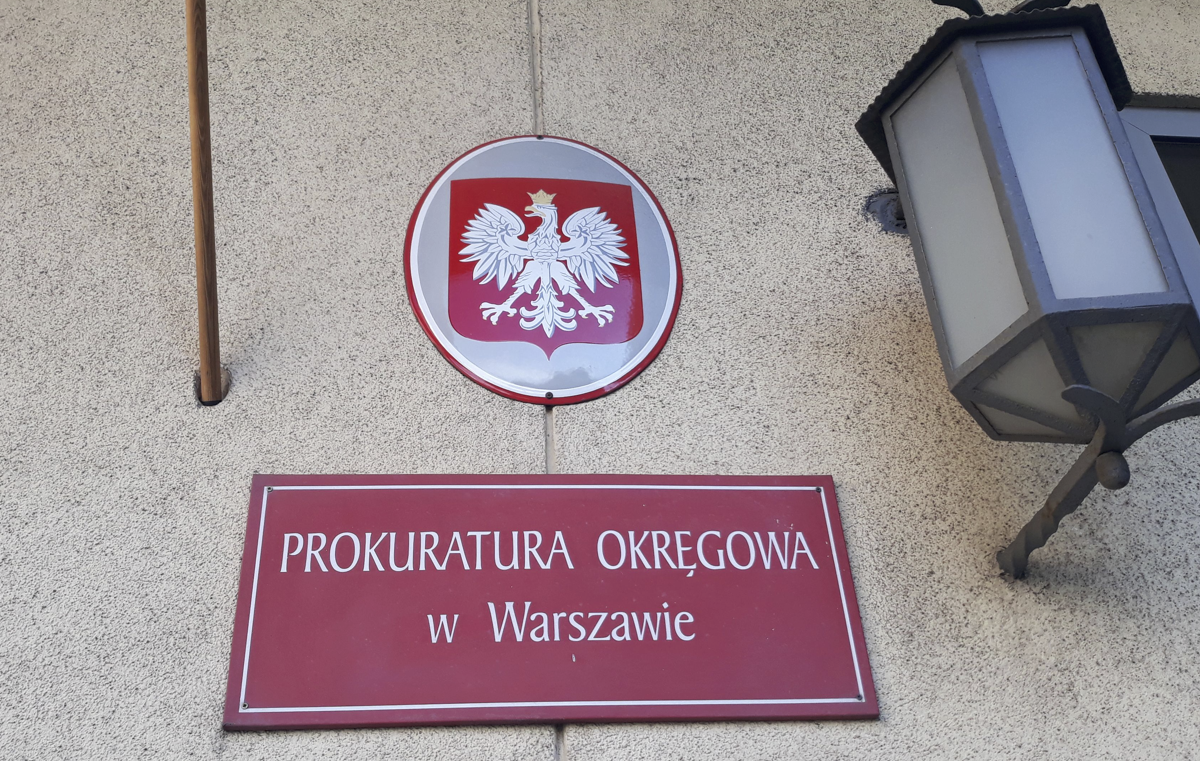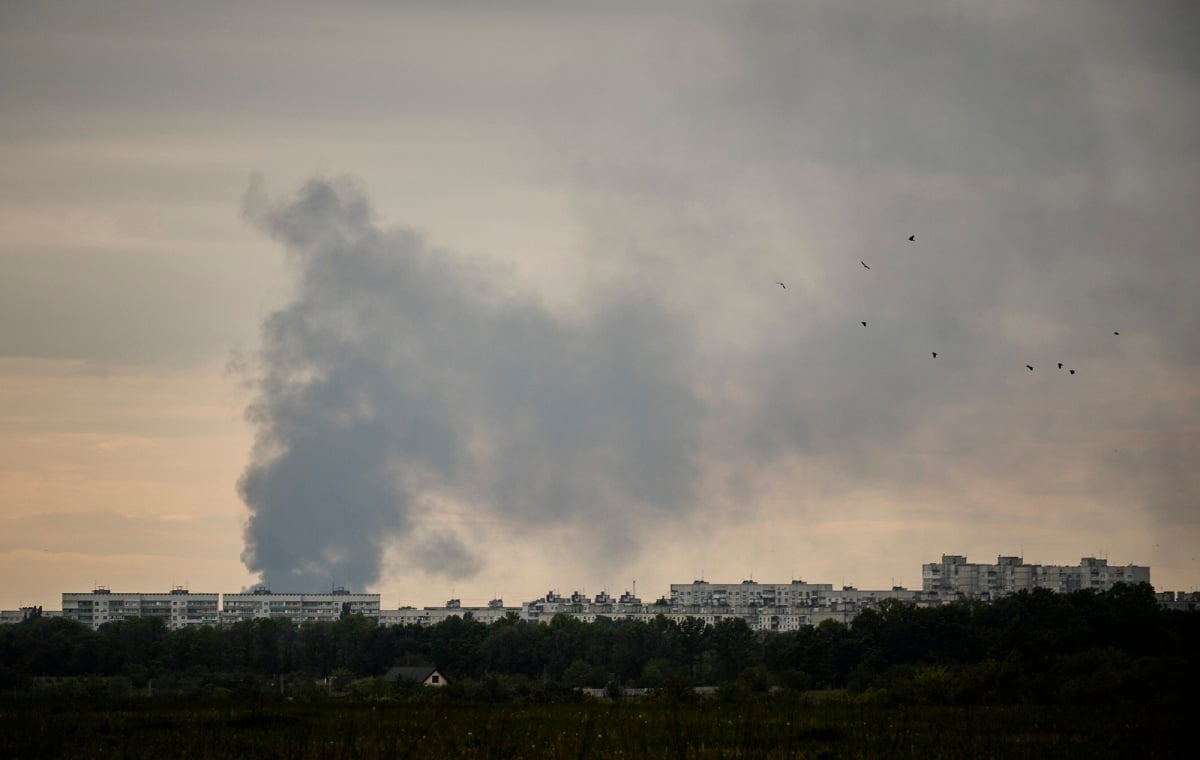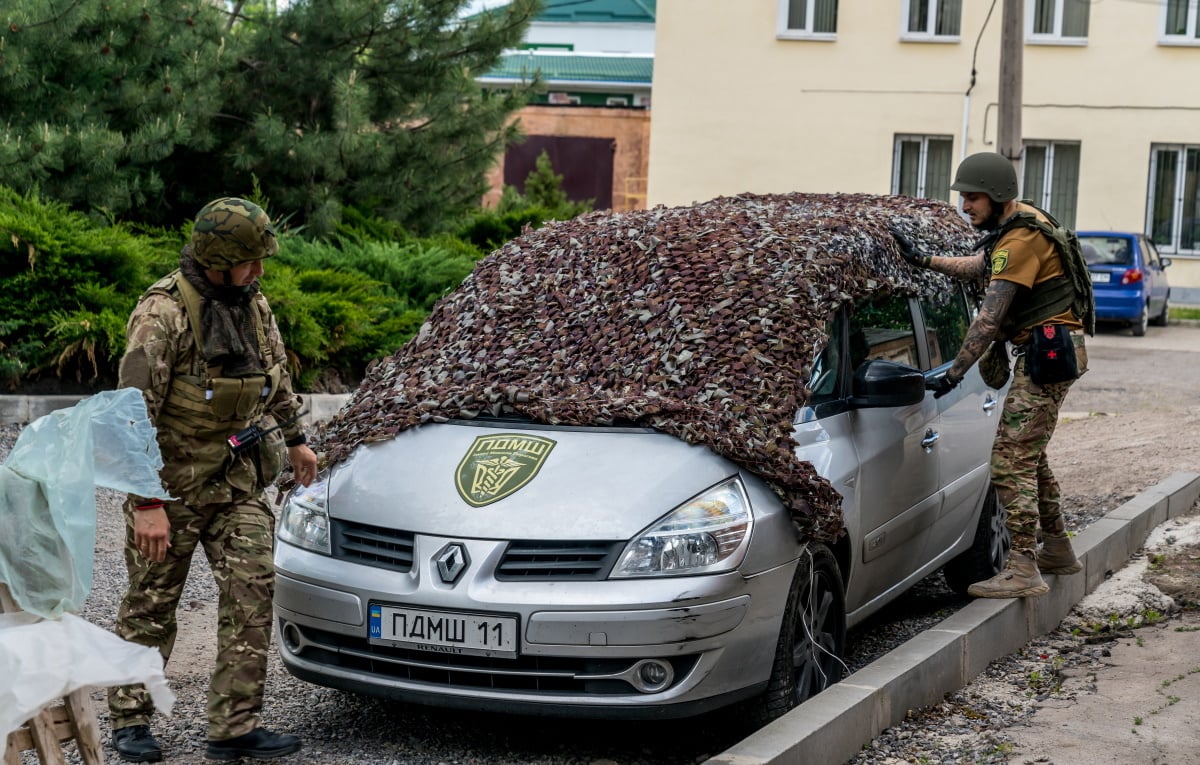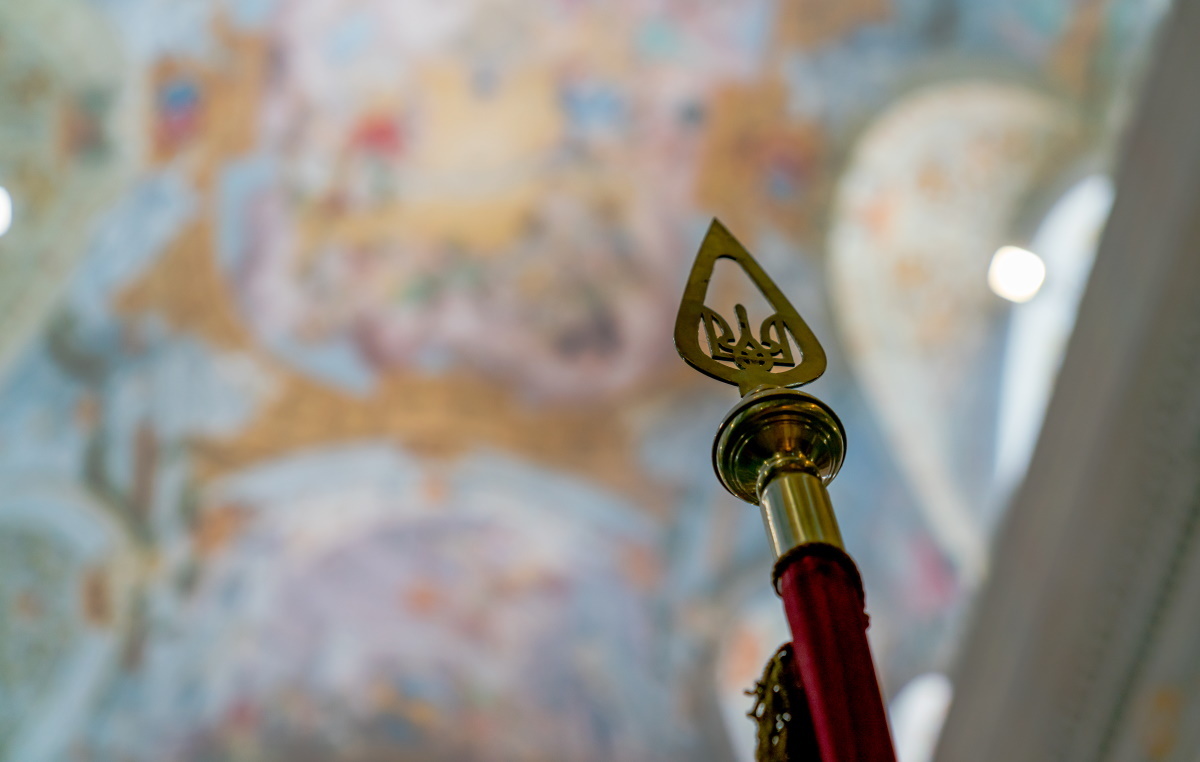As explained, the aim of the project is to designate November 27 as a public holiday: National Day of the Zamość Uprising and Children of Zamość Region – to commemorate the uprising of 1942-1944 and to pay tribute to the participants and heroes who carried out the uprising. children – especially victims of colonial oppression who were treated cruelly.
The justification recalls that “The Zamość Uprising was one of the most important, largest and longest-running anti-Hitler armed uprisings in occupied Poland during World War II.” “It started as a response to the implementation of Nazi Germany’s policy, which was carried out to settle Germans from other European countries in the Zamość region. The invaders planned to turn the surrounding land into a German colony, and expel the Poles en masse, subjecting them to Germanization or extermination. As a result of the implementation of their criminal intentions, 110,000 people were displaced, and about 30,000 of them were children,” we read. “The youngest will be killed unless they are first handed over to German families for Germanization,” he added.
“The first relocations began in Skierbieszów on the night of 27-28 November 1942. Therefore, it was proposed to designate November 27 as the National Day of the Zamość Uprising and the Remembrance of the Children of Zamość Region, as the start of the forced relocations aroused strong opposition from the local population and the authorities The Polish Underground State, which decided to start military resistance,” he recalled.
It states that “during the uprising, Polish partisans carried out many acts of sabotage, attacks on German garrisons and rescued children and political prisoners. They carried out many skirmishes and battles.” “The uprising lasted for several months, despite extremely difficult conditions and the superiority of the German occupying forces. It is estimated that as a result of the uprising and repression of the civilian population, around 13,000 Poles died. However, the sacrifice was enormous. “The actions of the rebels allowed them to significantly slow down the implementation of their criminal intention to eliminate the Polish population from the entire battle area,” he wrote.
“The history of this uprising shows that the great patriotic traditions instilled from generation to generation resulted in unity in difficult times, courage and bravery of soldiers in armed struggle and effective achievement of goals – protecting the population from the criminal plans of the Nazi invaders. This is achieved through the cooperation of various armed organizations united without division. representing different political beliefs. “In the clash with German troops, there were soldiers from the Home Army, the Peasants’ Battalion and the People’s Guard, united in the same goal of fighting for the Motherland, requiring sacrifice in the years of increasingly intensive work tyranny,” we read.
It was emphasized that “the importance of the Zamość Uprising for this region and our entire homeland is difficult to overestimate.” “This is an expression of Polish heroism and determination, and is also clear evidence that the struggle for independence and independence of the Republic of Poland against the oppression of totalitarianism did not stop with the defeat of the September Campaign, but continued afterward. the occupation of Polish lands begins. “The Zamość uprising is the most striking sign of the struggle to maintain national identity in the regions affected by the clashes, and its legacy is an important element that forms a sense of pride in Polish history,” he noted.
It was also stated that “The Zamość Uprising, commemorated by the draft law, is remembered in the pages of Polish history as a breakthrough uprising.” “The memory of this has become an inalienable element of regional identity. The heroic services of its participants, which are very important for the history of our homeland today, still deserve the highest recognition. The uprising in question, although deeply rooted in local historical memory, functioned in the national consciousness to an extent inconsistent with its aims, was of great importance and had a significant influence on the further fate of the statehood of the Republic of Poland. “An armed action of such importance for Poland deserves to be given the national rank of a state holiday, so that it remains permanently remembered by future generations of Poles,” he stressed.
The project also shows that “The children of the Zamość region, whose memory has not faded over the years, also deserve to be commemorated in a unique way.” “The unjustified oppression directed against them was deeply painful for the country oppressed by the occupation. Many of them became victims of criminal medical experiments. Sending them to forced labor in the Third Reich completed the tragic fate of Zamoyski’s youngest victims,” we read.
Most of the kidnapped children died; and of those sent to Germanize, only a few succeeded in returning them to their Polish families. The martyrdom of the Zamość Children deserves to be properly commemorated this year. holiday form.country” – emphasized.
The project emphasizes that “honoring the sacrifices of the participants of the Zamość Uprising and the memory of the victims, especially the youngest, in one state ceremony is justified.” “Celebrating both holidays together as one day of remembrance would be a way to honor all the victims and emphasize the importance of the Uprising and the tragedy of the Children in the Zamość Region,” he added.
Marcin Romanowski, MP, was authorized to represent the applicants.

“Reader. Future teen idol. Falls down a lot. Amateur communicator. Incurable student.”





